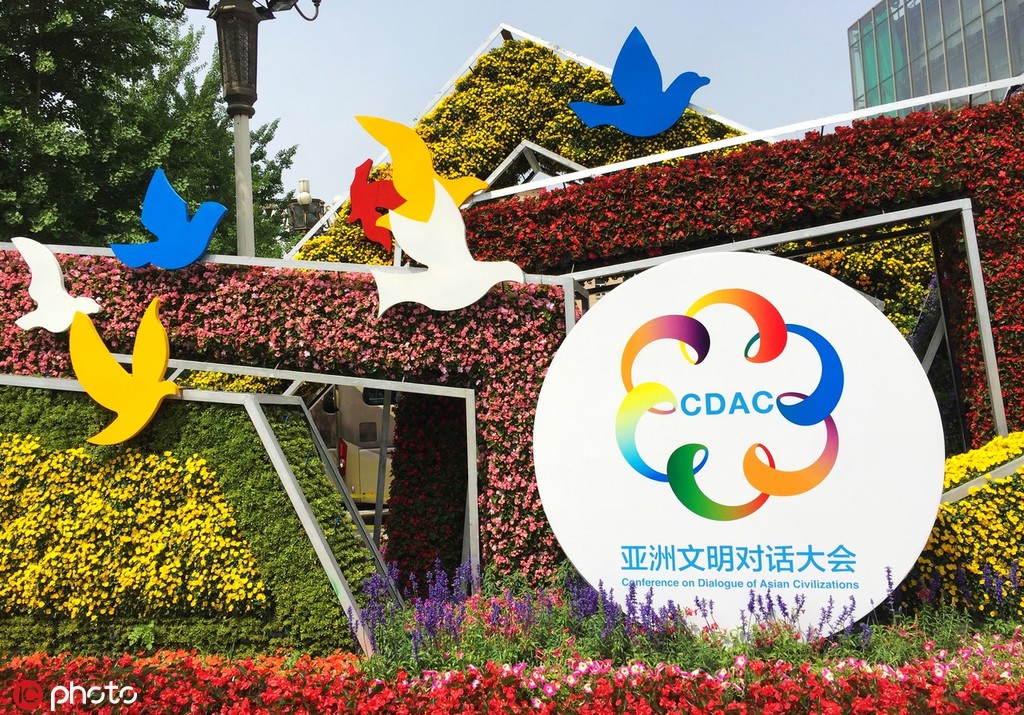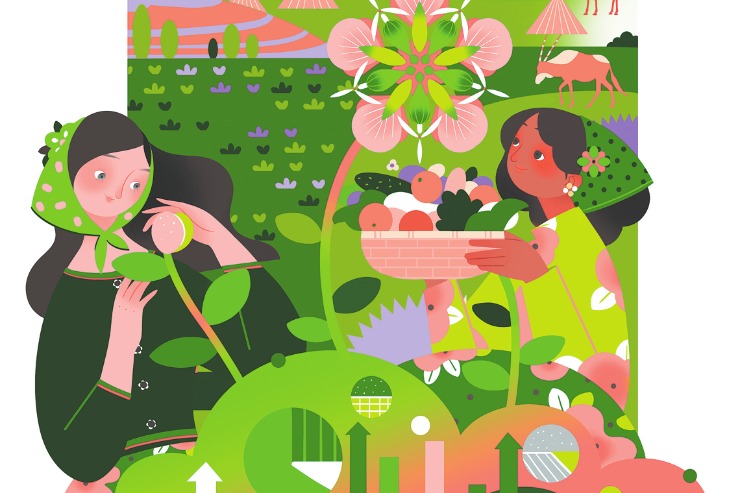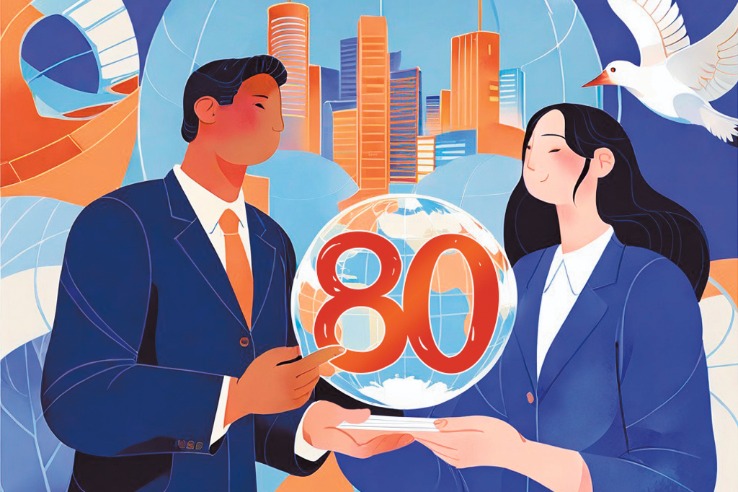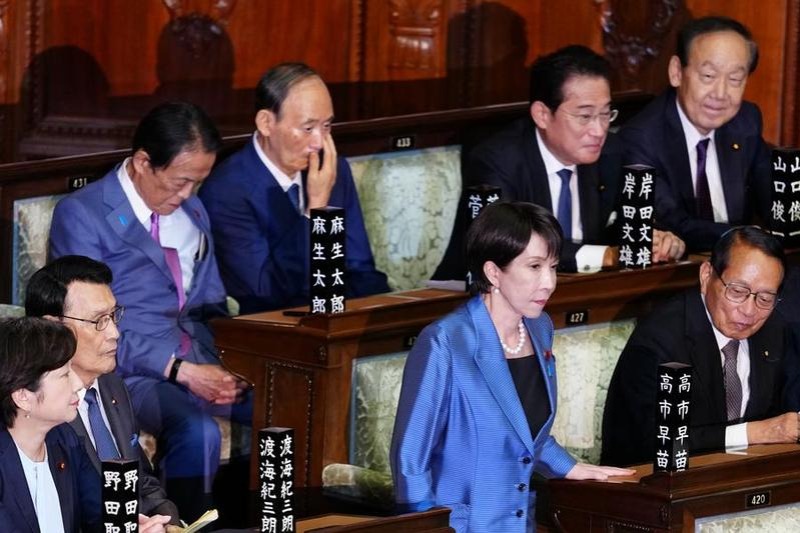Asian civilization conference a chance for prosperity, stability


Modern-day cultures and civilizations owe a lot to ancient civilizations and their way of living, which was heavily influenced by mutual understanding, dependency and coexistence. However, this dependency did not necessarily affect their sovereignty. Instead, it led to the unification of those civilizations facing a crisis or a threat. President Xi Jinping recognizes this golden rule and seeks to revitalize the collective effort and “spirit of cooperation” among Asian countries, by providing a platform for a dialogue of civilizations, which would offer a chance to create a joint civilization constituting different cultures, language, beliefs and world views.
In this vein, the Conference on Dialogue of Asian Civilizations, which highlights mutual understanding and a shared future, seeks to shed light on the great potential of Asian countries to establish prosperity and stability in the world in general and Asia in particular. In fact, the conference aims to dispel any notion that differences in culture, language and belief could lead to hostility and “clashes of civilizations”. Moreover, it will pave the way for bridging the gap of understanding between different cultures and learning how to deal with the challenges posed by the diversity of cultures.
The global mission of Asian civilizations
In essence, globalization promotes integration of the world and removal of cultural barriers. It has influenced every aspect of our life. Now this question arises as to whether globalization would lead to a clash or unification of civilizations. In order to answer this question, it should be noted that globalization mingles both unification and diversification at the same time. Considering it a tool for imposing a dominant culture or belief would definitely lead to a clash of civilizations.
Recognizing this issue, China emphasizes inclusiveness, mutual respect and win-win cooperation in its policy documents. A prime example is its Belt and Road Initiative, which provides a mechanism that realizes these objectives. Furthermore, it seeks to promote the exchange of knowledge, different cultures and traditions which will lead to mutual understanding and peaceful coexistence. Asian civilizations could resort to this mechanism to strengthen their political, economic and cultural ties and thereby set the stage for promoting global prosperity, peace and more people-to-people interactions.
Iran and dialogue among civilizations
Iran gives high priority to dialogue among civilizations. The idea was put forth by former Iranian president Mohammad Khatami in 1998, as a response to Samuel P Huntington’s theory of a Clash of Civilizations. Khatami contended that cultural diversity did not necessary led to conflicts and hostility. Rather, it would create a stable and peaceful world in which balance, collaboration and dialogues are watch words among nations. Both Iran and China, as pioneers of promoting multilateralism, collaboration and dialogue between countries, show great resolution in realizing the major goals of a dialogue on Asian civilizations. Deepening diplomatic ties with other Asian countries and establishing long-lasting win-win cooperation with them could foster a sense of solidarity among these countries and encourage them to contemplate the creation of a joint Asian civilization.
The roots of mistrust among Asian countries
Lack of trust between Asian countries and their excessive dependency on non-Asian states make them underestimate Asian civilizations’ collective spirit of cooperation. Therefore divergence rather than convergence of interests is obvious in their relations, which makes them reluctant to establish a solid coalition. Considering this issue, the Conference on Dialogue of Asian Civilizations could play significant role in reducing mistrust between Asian countries.
Asian countries participating in the conference should cherish this opportunity to exchange detailed information about their countries’ history and cultural heritage, which are crucial in linking the civilizations together. In doing so, they can identify areas of cooperation and build up trust between Asian nations.
The conference suggests China’s great role not only on an economic level but also on a cultural one. In fact, the Chinese stance in this conference echoed the words of Zhao Tingyang, one of China's leading contemporary philosophers: “Maximizing cooperation is even more important than minimizing conflict.” It is only through cooperation that we could decrease conflicts and accelerate the momentum of building trust.
Behzad Abdollahpour is a postgraduate student in North American studies at the University of Tehran. His research focuses on Asian affairs and China’s Belt and Road Initiative.


































